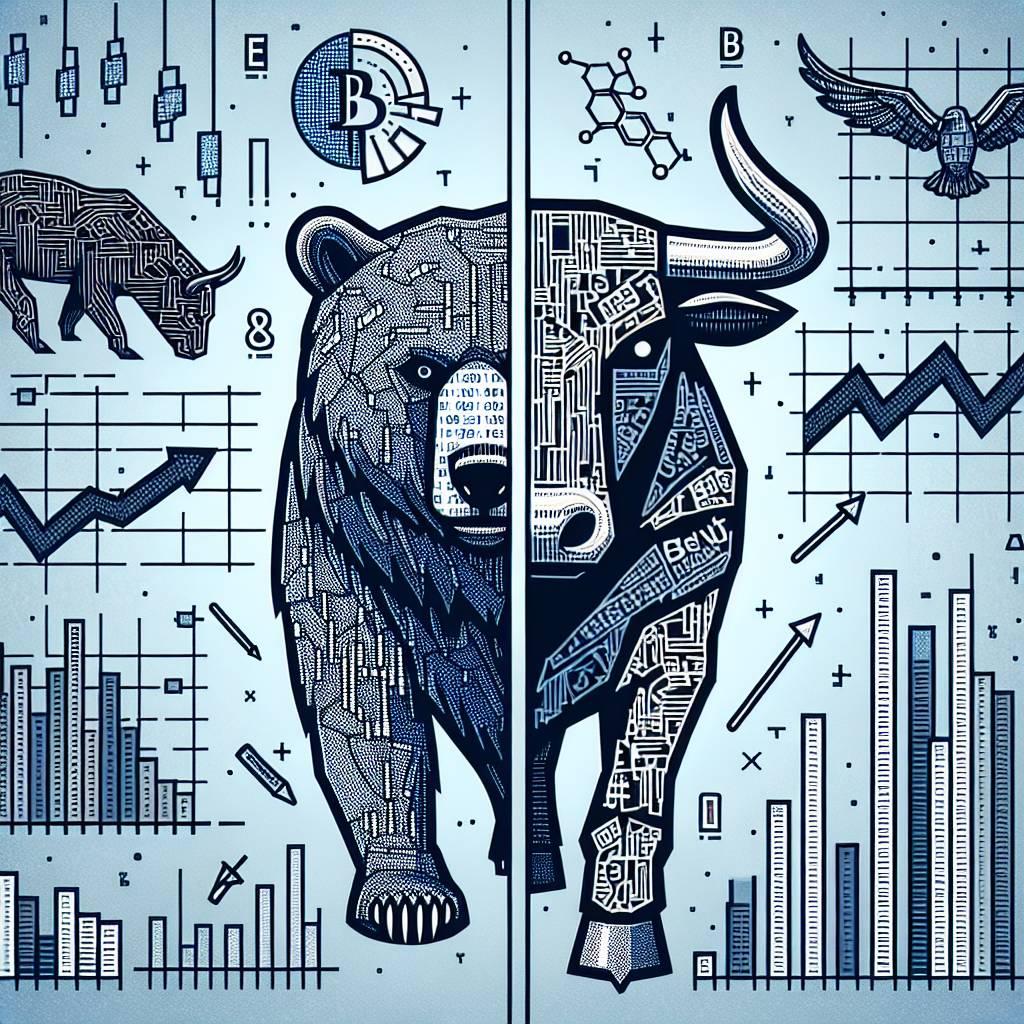What is the difference between a stop order and a stop limit order in the context of cryptocurrency trading?
Can you explain the distinction between a stop order and a stop limit order in the context of cryptocurrency trading? How do these two types of orders work and what are their main differences?

3 answers
- A stop order is an instruction to buy or sell a cryptocurrency once its price reaches a certain level. It is designed to limit losses or protect profits by triggering a market order when the specified price is reached. On the other hand, a stop limit order combines the features of a stop order and a limit order. It sets a stop price and a limit price. When the stop price is reached, it triggers a limit order to buy or sell at the limit price or better. The main difference between the two is that a stop order becomes a market order once the stop price is reached, while a stop limit order becomes a limit order.
 Dec 17, 2021 · 3 years ago
Dec 17, 2021 · 3 years ago - Alright, listen up! A stop order is like a safety net. You set a price level, and if the cryptocurrency's price falls below that level, it triggers a market order to sell. It's like saying, 'Hey, if things go south, get me out of here!' A stop limit order, on the other hand, is a bit more sophisticated. You set a stop price and a limit price. If the stop price is hit, it triggers a limit order at the limit price or better. It's like saying, 'If things get rough, sell, but only if I can get a good price.' So, the main difference is that a stop order becomes a market order, while a stop limit order becomes a limit order.
 Dec 17, 2021 · 3 years ago
Dec 17, 2021 · 3 years ago - In the context of cryptocurrency trading, a stop order is an instruction to buy or sell a cryptocurrency once its price reaches a certain level. It is commonly used to limit losses or protect profits. When the specified price is reached, the stop order becomes a market order and is executed at the best available price. On the other hand, a stop limit order is a combination of a stop order and a limit order. It sets a stop price and a limit price. When the stop price is reached, it triggers a limit order to buy or sell at the limit price or better. This allows traders to have more control over the execution price, but there is a risk that the order may not be filled if the price moves quickly beyond the limit price.
 Dec 17, 2021 · 3 years ago
Dec 17, 2021 · 3 years ago
Related Tags
Hot Questions
- 94
What is the future of blockchain technology?
- 87
How can I protect my digital assets from hackers?
- 83
How does cryptocurrency affect my tax return?
- 78
How can I minimize my tax liability when dealing with cryptocurrencies?
- 72
What are the best digital currencies to invest in right now?
- 70
How can I buy Bitcoin with a credit card?
- 55
What are the best practices for reporting cryptocurrency on my taxes?
- 26
What are the tax implications of using cryptocurrency?
